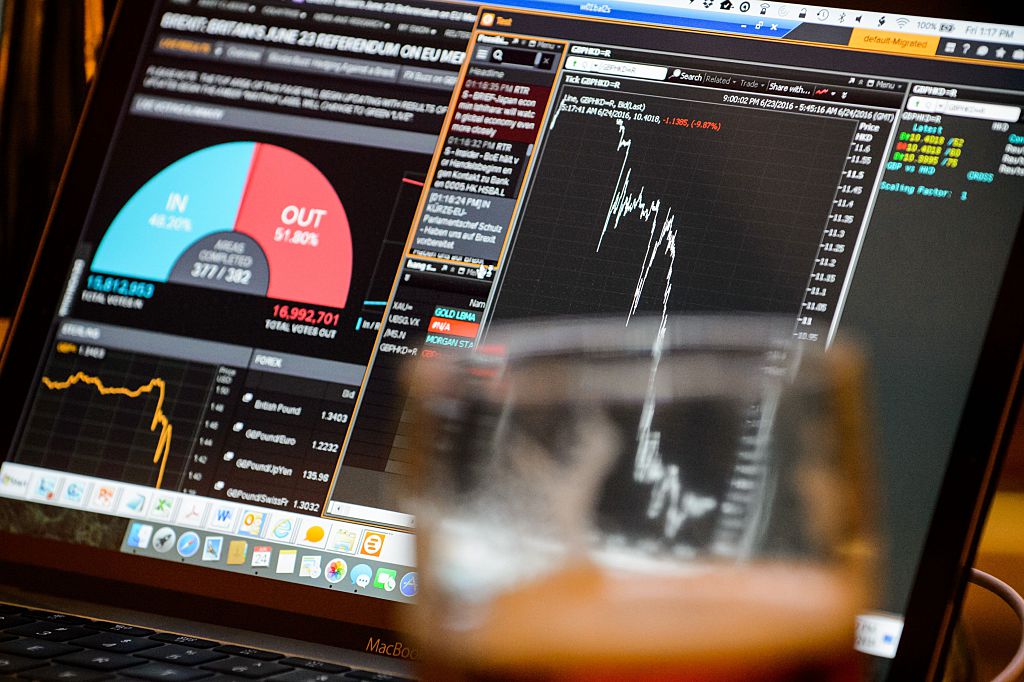So will those Remainers seemingly hoping for a Brexit-related recession get what they want after all? This morning Purchasing Managers’ Index (PMI) for the service sector certainly points in that direction. The index, which is really just a questionnaire to businesses but which can give advance warning of swings in economic growth, fell to 50.4 in November, down from 52.2 in October and 54 in September. Anything above 50 denotes growth – so it doesn’t indicate we are yet in recession – but it suggests a steep plunge in activity and confidence which could well take us there.
It would be foolish to deny any link with the Brexit crisis. While firms quickly regained their composure after the 2016 referendum, when the PMI took an even deeper but brief plunge, the impasse in Parliament over May’s deal threatens to drag on for weeks and months, right up to next March when, by default, Britain is set to fall out of the EU without a deal. Or maybe we will end up staying in. Either way, it is hard to invest when the future is so uncertain. Besides, the constant doom-mongering from Mark Carney and others can’t help confidence – even if many of us are becoming a bit immured to it. In 2016 the economy quickly rebounded in spite of an apparent dip in confidence, as consumers (over half of whom, after all, had voted for Brexit) carried on spending and firms kept on expanding. There was a big disconnect, then, between what businesses were telling surveys and how they were actually behaving. I am not sure the same is true now. In 2016 there was plenty of hope of a good outcome in Brexit negotiations, with continued access to EU markets and the prospect of new trade deals. Now, everyone can see how badly Theresa May’s government has played its hand, and that it has delivered a deal which pleases hardly anyone.
All that said, anyone with their eyes on Brexit is guilty of what Leavers are always accused of: a Little England mentality. The bigger picture is that there are signs the whole global economy may be plunging into recession. Yesterday, came news of an outwardly-obscure phenomenon: an inversion of the US Treasury bond curve – where the yield on five year bonds falls below that of three year bonds. It might not sound a big deal, but many see it as a reliable indicator of recession – it has occurred before many previous downturns, although not necessarily immediately. Moreover, economic growth in the Eurozone in recent months has been trailing that in Britain.
It would hardly be a surprise if the world were to suffer a slump – we have now gone nine years without a recession, which is a long time by historic standards. The positive outlook is that deep recessions tend to be followed by shallow ones. Given that 2008/09 was an especially deep recession, a reasonable scenario might be that the world suffers a modest slump over the next 12 months or so – which might well coincide with Britain’s departure from the EU. Brexit might even be part of the story, but it certainly won’t be all of it.







Comments